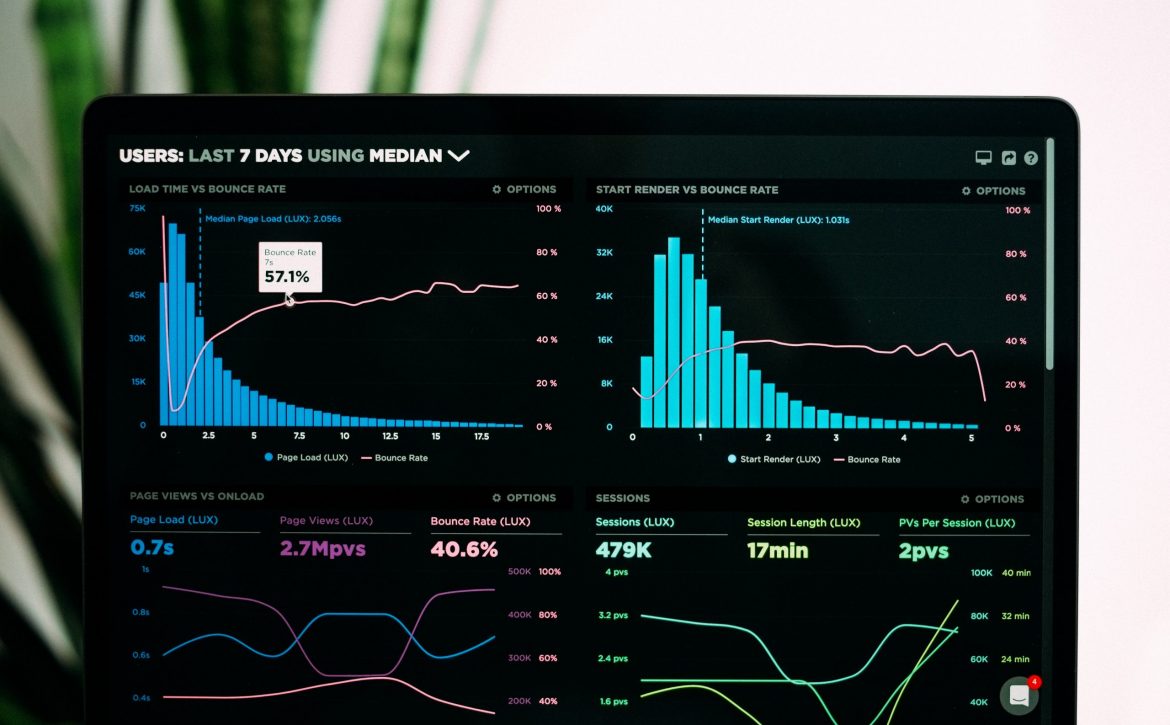Big Data Trends 2025: Navigating the Future of Data Analytics
As we step into 2025, the landscape of big data analytics is undergoing a transformative shift. Emerging technologies, evolving business needs, and a surge in data generation are driving organizations to rethink their data strategies. In this blog, we’ll delve into the top big data trends shaping 2025 and explore how GoodWorkLabs is at the forefront of leveraging these trends to deliver cutting-edge solutions.
1. AI-Driven Predictive Analytics
Artificial Intelligence (AI) continues to revolutionize data analytics by enabling predictive capabilities that were previously unattainable. In 2025, AI-powered analytics will help businesses forecast market behaviors, customer preferences, and operational bottlenecks with impressive accuracy. Machine learning models adapt to new data, ensuring predictions remain relevant over time.
Key Benefits:
-
Enhanced decision-making through accurate forecasts
-
Improved customer experiences via personalized insights
-
Operational efficiency by anticipating and mitigating risks
GoodWorkLabs’ Approach:
At GoodWorkLabs, we integrate AI-driven predictive analytics into our solutions, enabling clients to stay ahead of the curve. Our expertise in machine learning ensures that businesses can harness the full potential of their data for strategic advantage.
2. Real-Time Data Processing and Analytics
In today’s fast-paced digital world, the ability to process and analyze data in real time has become a necessity. Businesses no longer have the luxury of waiting hours or even minutes for insights. Real-time analytics enables organizations to act on data the moment it is generated, ensuring agility in a competitive market.
Key Technologies:
-
Stream processing platforms like Apache Kafka and Apache Spark
-
Cloud-based solutions supporting high-speed processing demands
GoodWorkLabs’ Approach:
GoodWorkLabs leverages cutting-edge technologies to build real-time data processing systems. Our solutions empower businesses to make timely decisions, enhance customer experiences, and proactively address challenges.
3. Edge Computing for Data Processing
As data generation explodes, processing it closer to its source at the “edge” has become a game-changer. Edge computing minimizes latency, reduces bandwidth requirements, and enables real-time insights by handling data locally rather than transmitting it to centralized servers.
Advantages:
-
Reduced latency for time-sensitive applications
-
Bandwidth efficiency leads to cost savings
-
Enhanced privacy and security through localized processing
GoodWorkLabs’ Approach:
Our team at GoodWorkLabs designs and implements edge computing solutions tailored to specific industry needs. By processing data at the source, we enable businesses to achieve faster response times and enhanced operational efficiency.
4. Enhanced Data Privacy and Security Measures
With the increasing volume of data comes the critical need for robust data privacy and security measures. Regulations such as GDPR and CCPA have made data governance a top priority for organizations. Businesses must adopt strategies to safeguard sensitive information and maintain compliance.
Strategies for Strengthening Data Privacy:
-
Data anonymization techniques like tokenization and masking
-
Encryption of data at rest and in transit
-
Adoption of zero-trust architecture for strict identity verification
GoodWorkLabs’ Approach:
GoodWorkLabs places data security at the core of our solutions. We implement comprehensive security protocols to protect client data, ensuring compliance with global regulations and fostering customer trust.
5. Growth of Data-as-a-Service (DaaS) Models
Managing and analyzing information can be resource-intensive in the era of big data. Data-as-a-Service (DaaS) has emerged as a transformative solution, enabling businesses to access and utilize high-quality data without the need to build and maintain complex infrastructure.
Benefits:
-
Cost efficiency by eliminating significant infrastructure investments
-
Scalability to adjust data usage based on business needs
-
Accessibility for teams across various locations to access consistent, up-to-date datasets
GoodWorkLabs’ Approach:
At GoodWorkLabs, we offer DaaS solutions that provide clients with flexible and cost-effective access to data. Our services ensure that businesses can scale their data operations seamlessly and make informed decisions.
6. Integration of AI and Data Science in Business Operations
The integration of AI and data science into business operations is no longer optional it’s essential. In 2025, organizations are embedding augmented analytics into day-to-day operations to make faster decisions and lessen dependence on data experts.
Key Trends:
-
Augmented analytics for enhanced data interpretation
-
Automation of routine tasks through AI
-
Improved customer experiences via personalized insights
GoodWorkLabs’ Approach:
GoodWorkLabs specializes in integrating AI and data science into business processes. Our solutions enable organizations to automate tasks, gain deeper insights, and deliver personalized experiences to their customers.
7. Emphasis on Data Ethics and Governance
As data becomes a cornerstone of modern economies, the emphasis on data ethics and governance has intensified. Organizations must ensure that their data practices are transparent, ethical, and compliant with regulations.
Key Considerations:
-
Establishing clear data governance policies
-
Ensuring transparency in data collection and usage
-
Promoting ethical AI practices
GoodWorkLabs Approach:
At GoodWorkLabs, we prioritize data ethics and governance in all our projects. Our team works closely with clients to develop and implement policies that uphold the highest standards of data integrity and compliance.
Conclusion
The big data landscape in 2025 is characterized by rapid advancements and evolving challenges. Organizations must stay abreast of these trends to remain competitive and drive innovation. GoodWorkLabs is committed to helping businesses navigate this complex environment by offering expert solutions tailored to their unique needs.
Ready to Transform Your Data Strategy?
Partner with GoodWorkLabs to harness the power of big data and drive your business forward.
Explore Our Services:












